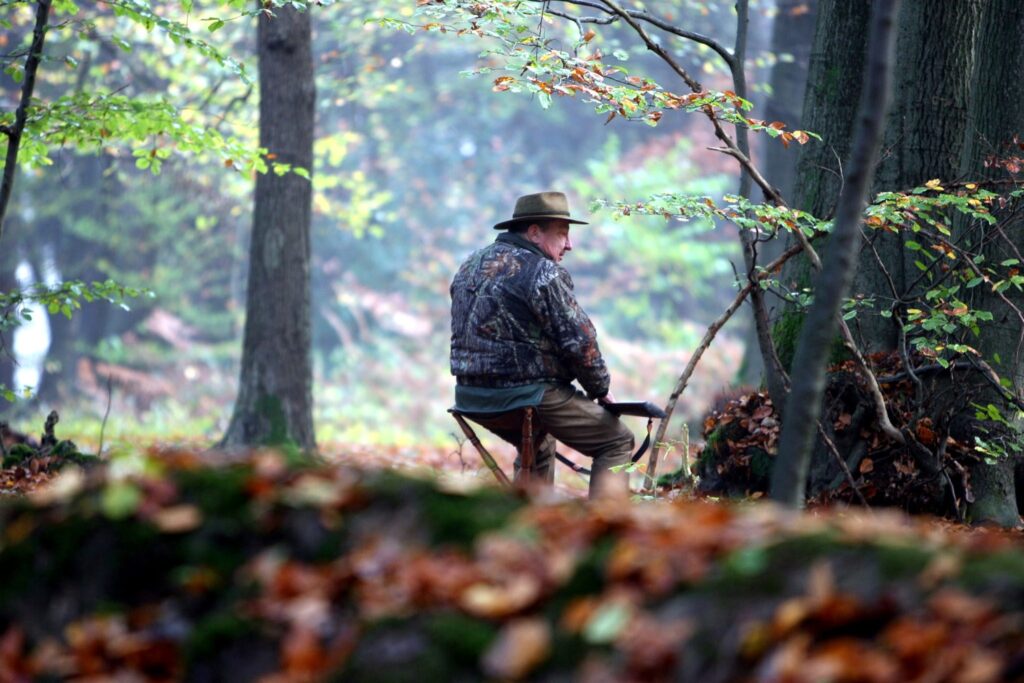The hunting sector represents an economic weight of €394 million in Belgium, according to a study by PricewaterhouseCoopers (PWC), published on Friday.
Banning the practice would cost the national budget €33 million a year.
The study analyses the sector’s economic impact on the basis of three pillars: the direct expenditure of Belgian hunters, expenditure related to the organisation of hunting days and the revenue generated for the state.
According to PwC, at least 24,162 hunters are active in Belgium. They each spend an average of €16,932 per year on their passion. Annual costs related to the organisation of hunting days are estimated at €137 million. Finally, permits, authorisations and other official obligations contribute more than €24 million to the state coffers.
As a result, PwC puts the overall economic impact of hunting at €394 million per year.
To assess the consequences of a potential ban, the company looked at the example of the canton of Geneva. It estimates that at least 187 full-time civil servants would have to be hired to take over the tasks performed by hunters, which would generate a cost of €9 million.
In the end, prohibiting hunting would cost the authorities €33 million.
While the study “does not enter into the societal debate posed by hunting, it appears that the practice makes a contribution that should not be underestimated to the State, the Regions and the many particular actors linked to this environment,” PWC concluded.

